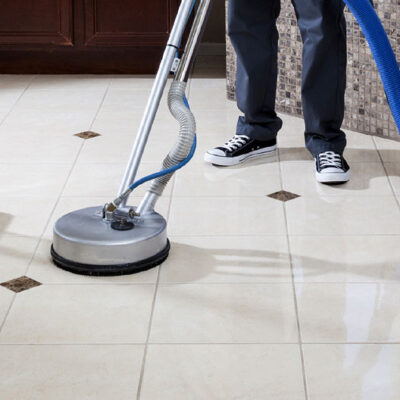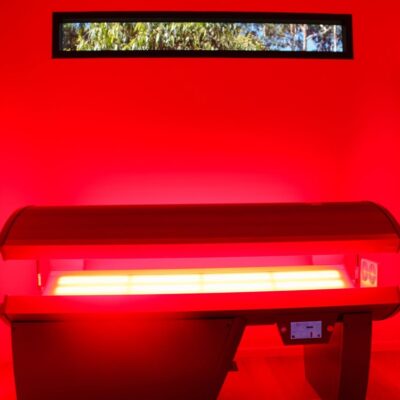Do Poppies Need Heat to Germinate?
Poppies are a beloved flower known for their vibrant colors and delicate petals. They are often associated with remembrance and beauty, making them a popular choice in gardens worldwide. However, understanding the germination process of poppies is crucial for successful cultivation. This article will explore whether poppies need heat to germinate, the ideal conditions for their growth, and best practices for planting and caring for them.
Understanding Poppy Seeds
Poppy seeds come from various species of the plant, with the most common being the California poppy (Eschscholzia californica) and the opium poppy (Papaver somniferum). Each species may have slightly different germination requirements, but they generally share similar needs regarding temperature and light.
Germination Temperature Requirements
Poppy seeds have specific temperature ranges that affect their germination rates. Research indicates that poppy seeds germinate best in cool to moderate temperatures. The optimal temperature for germination is typically around 60°F (15°C) to 70°F (21°C) .
Cardinal Temperatures
Studies have identified cardinal temperatures for poppy seed germination:
- Minimum Temperature: Approximately 3°C (37°F)
- Optimal Temperature: Around 16-24°C (60-75°F)
- Maximum Temperature: About 35°C (95°F)
Exceeding these temperature ranges can hinder germination or damage the seeds .
The Role of Heat in Germination
While poppies do not require heat to germinate, they are sensitive to temperature fluctuations. Heat can accelerate the germination process, but excessively high temperatures can lead to poor germination rates. Poppy seeds require light for germination, and they should not be buried deeply in the soil. Instead, they should be pressed lightly into the soil surface, allowing light to penetrate .
Ideal Germination Conditions
- Soil Temperature: As mentioned, poppy seeds prefer cooler soil temperatures, ideally between 60°F and 70°F.
- Soil Moisture: The soil should be kept moist but not soggy. Overwatering can lead to seed rot, while underwatering can prevent germination.
- Light Exposure: Poppy seeds need light to germinate. When planting, lightly press the seeds into the soil without covering them more than 1/8 inch deep.
- Soil Type: Well-draining soil is essential for poppy seeds. Heavy clay soils can retain too much moisture, which can be detrimental to the seeds.
Planting Poppies
Poppies can be sown directly into the garden or started indoors. Here are some guidelines for planting:
Direct Sowing
- Timing: Sow poppy seeds in early spring or fall, depending on your climate. In regions with mild winters, fall sowing is effective as it allows the seeds to undergo natural cold stratification.
- Preparation: Prepare the soil by loosening it and removing any weeds.
- Sowing: Scatter the seeds on the surface and press them lightly into the soil.
- Watering: Water gently to avoid displacing the seeds.
Indoor Sowing
- Timing: Start seeds indoors about 6-8 weeks before the last frost date.
- Containers: Use seed trays or biodegradable pots filled with a light seed-starting mix.
- Temperature: Maintain a cooler indoor temperature, avoiding heat mats, as poppies prefer cooler conditions for germination.
- Transplanting: Harden off seedlings before transplanting them outdoors to acclimate them to outdoor conditions .
Caring for Poppy Plants
Once poppies have germinated and established themselves, they require minimal care. Here are some essential care tips:
- Watering: Water the plants regularly, especially during dry spells, but avoid overwatering. Once established, poppies are drought-tolerant.
- Fertilization: Poppies generally do not require additional fertilization. They thrive in poor soil conditions.
- Deadheading: Remove spent blooms to encourage further flowering and prevent the plant from going to seed too early.
- Pest Control: Poppies are relatively pest-resistant, but keep an eye out for aphids or fungal diseases.
- Mulching: Apply a layer of mulch to retain soil moisture and suppress weeds.
Conclusion
In summary, poppies do not need heat to germinate; in fact, they prefer cooler temperatures for optimal germination. Understanding the specific requirements for germination, including temperature, moisture, and light, can significantly enhance your success in growing these beautiful flowers. By following the guidelines outlined in this article, you can cultivate healthy poppy plants that will bloom beautifully in your garden.
FAQ
- Do poppies need heat to germinate?
- No, poppies prefer cooler temperatures for germination, ideally around 60°F to 70°F.
- How deep should I plant poppy seeds?
- Poppy seeds should be pressed lightly into the soil and not buried more than 1/8 inch deep.
- What type of soil is best for poppies?
- Poppies thrive in well-draining soil and can tolerate poorer soil conditions.
- When is the best time to sow poppy seeds?
- Sow poppy seeds in early spring or fall, depending on your climate.
- How often should I water poppies?
- Water regularly during dry spells, but avoid overwatering. Once established, poppies are drought-tolerant.
- Do I need to fertilize poppies?
- Poppies generally do not require additional fertilization.
- What should I do with spent blooms?
- Deadhead spent blooms to encourage further flowering and prevent premature seed formation.
- Are poppies susceptible to pests?
- Poppies are relatively pest-resistant, but watch for aphids and fungal diseases.
- Can I start poppies indoors?
- Yes, you can start poppies indoors about 6-8 weeks before the last frost date.
- How long does it take for poppy seeds to germinate?
- Poppy seeds typically germinate within 14 to 21 days under ideal conditions.
Relevant Information from Wikipedia or .gov Sources
| Topic | Link |
|---|---|
| Poppy cultivation | https://en.wikipedia.org/wiki/Poppy#Cultivation |
This comprehensive overview of poppy germination and care should provide you with the necessary knowledge to successfully grow these beautiful flowers in your garden. Happy gardening!





